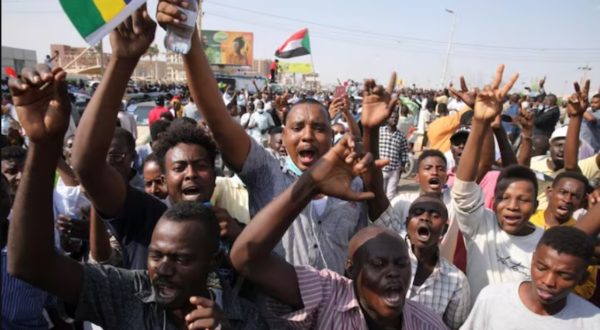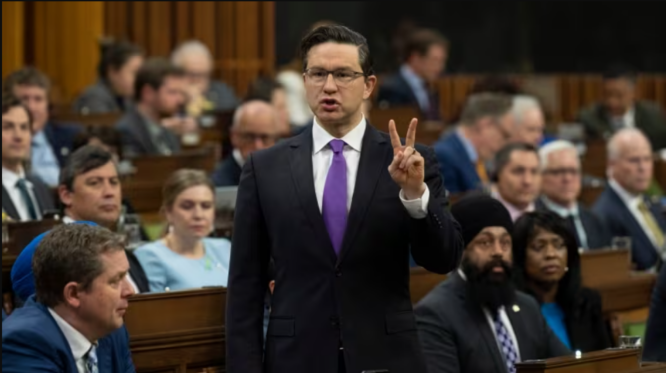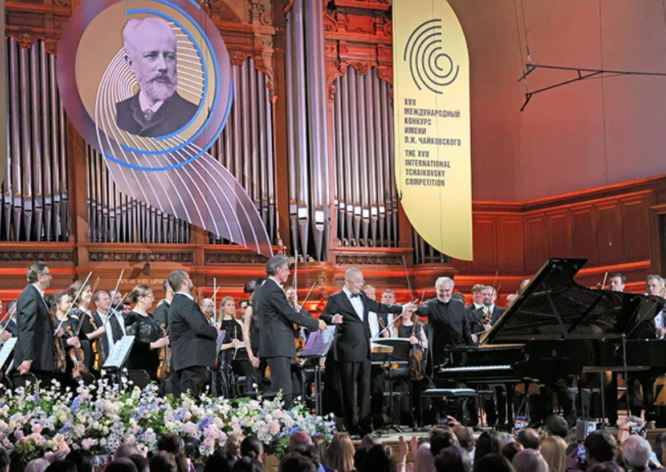One local columnist lamented the failure of the Forces of Freedom and Change (FFC) to form a civilian government from the ranks of protesters who overthrew Omar al-Bashir in 2019 after the army and the Rapid Support Forces (RSF) paramilitary group fought last month. He believed such a step at the height of the rebellion would have driven the military out of politics.
It is hard to tell what would have happened had the FFC taken such dramatic action at the outset of the transitional phase instead of going into a power-sharing administration with the military in August 2019. Sadly, most foreign emphasis is on RSF leader Mohamed Hamdan Dagalo and Sudanese army head Abdel Fattah al-Burhan, not the civilian players the revolution aimed to empower.

All regional forces that have wanted a participation in inter-Sudanese negotiations in recent years have opted to communicate with military individuals, making civilian stakes difficult.
Egyptian and South Sudanese military administrations struggle to empower democratic transitioners.
The 2020 Juba Peace Agreement, which included several rebels who eventually supported Burhan’s coup, had limited civilian engagement despite the transitional government’s biggest civilian presence.
After Burhan’s coup against the civilian component of the transitional government in October 2021, the military, with regional powers’ assistance, dictated the parameters of discussions, resulting in the widely criticized Hamdok-Burhan agreement of November 2021.
Egypt’s pre-conflict actions are another example. Egypt held a parallel political conversation with the FFC Democratic Bloc, which refused to sign the December 2022 framework agreement, after the military and FFC Central Council signed.

The Democratic Bloc’s reluctance to accept the framework pact shows how Bashir’s military administration divided and ruled. After the 2021 coup, rebel signatories of the Juba pact remained in the transitional government, siding with the military against civilians.
Refuting stories
Armed rebels have outmanoeuvred civilians by claiming that civilian political organisations only represent the center.
Long-term historical processes have considered civilians as interlocutors for urban populations in the northern riverine core and armed rebels as representatives of the areas.
Malik Agar, leader of the Sudan People’s Liberation Movement-North, said his faction would not sign the framework agreement because it was a product of Khartoum politics that didn’t represent marginalized regions.
Civilians have struggled against such narratives. After the coup, Sudanese Professionals Association members said civilians should bypass the rebels and talk directly to their communities in the provinces.
The Revolutionary Charter for People’s Authority, one of the resistance committees’ key political charters last year, called for a complete reform of town-country ties to give local civilian councils more power.
Civilians remain important despite the RSF-SAF conflict. The National Umma Party tried to avert war and ultimately end it. On 14 April, it mediated between the SAF and RSF to create a joint SAF-RSF committee to deescalate the issue.

Mediation attempts
After the violence started, party officials called for a committee to organize a truce, but on 17 April, party chairman Fadlallah Baramah Nasser confessed they had not been able to speak with the warring sides.
Since the transition began, the National Umma Party had courted Burhan and Dagalo, making it a good mediator. Former army officer Nasser was in the 1985 Transitional Military Council. This shows the citizens’ challenge: only individuals with close military links are trusted as interlocutors.
On 18 April, Sudan’s top leaders signed a declaration asking for a quick ceasefire and talks. Most FFC Central Council leaders and several FFC Democratic Bloc leaders supported it.
Even as the soldiers fought, the civilian signatories to the framework agreement maintained that the solution to the crisis must be a “single, professional and national army” with the RSF integrated into the Sudanese army on a specific timetable.
The resistance committees have led humanitarian aid to war-torn civilians.
Yasir Arman, FFC Central Council spokeswoman, urged residents in unaffected regions to protest this week to demand negotiations. This campaign might revive the April 2019 army headquarters sit-in, which tried to bend the military to the people.




